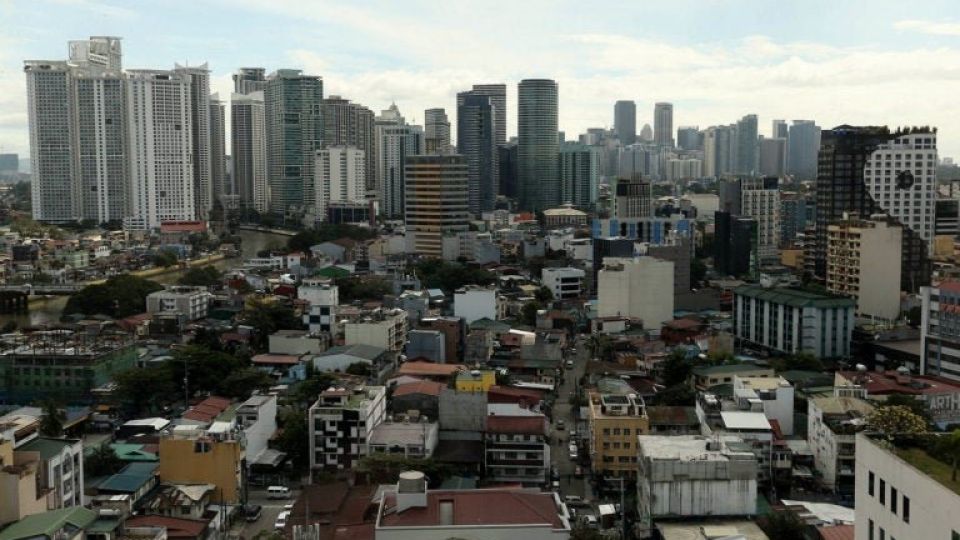June 28, 2023
MANILA – Imagine having to borrow almost half of one’s wages just to have enough money to spend for the needs of one’s family needs each month.
And imagine that, having borrowed aggressively in recent years — due, in part, to a health crisis in the household, but also because one made it the policy to fund the family lifestyle through loans — to the point of exceeding what is generally considered prudent levels of debt.
Imagine further that, because of loose financial controls, family members are not sure whether all of its funds — including the money it borrows — is spent wisely or goes where it should.
Now imagine that expanded on a national scale to apply to 110 million Filipinos and one will understand the apprehension felt by concerned citizens like former senator Panfilo Lacson when he exclaimed “God save the Philippines” on social media a few days ago after the government announced its plan to borrow P2.46 trillion to help fund next year’s national budget.
“It is only a matter of time when we will all be drowning in debt,” he said. “The question is, how much of all these loans were stolen?”
To put the eye-watering figure in context, the planned P2.46-trillion borrowing program will be used to augment the government’s proposed P5.77-trillion national budget for next year. This loan figure represents an almost 12-percent increase over the amount we’ve had to borrow this year to make up for the government’s shortfall in revenues from taxes and customs duties.
That means 43 percent of what the state will spend in 2024 will not be money we earned but money we will borrow. Simply put, the Philippines will be—as it has often been in recent years—living beyond its means.
Debt, per se, is not bad.
Debt, when used prudently, can be used to better the country and improve its prospects going into the future. Debt, when applied wisely, can fund infrastructure that will attract foreign investments that, in turn, will create more jobs for more Filipinos. This then will generate more economic activity that will accelerate growth. Debt, when managed well, can be used to free up more resources for human development and to fend off health crises like the COVID-19 pandemic.
But used poorly, debt — liabilities and obligations accumulated beyond what is considered sustainable or prudent — can be the undoing of an individual, a household, or a nation.
The government needs to spend substantially next year because, among other reasons, it needs to help ensure that the country’s recovery momentum from its worst economic crisis since World War II will continue. After all, “one has to spend money to make money,” goes the old adage in business.
But it behooves us to remind the Marcos administration’s economic team that spending borrowed money must be done efficiently and conscientiously, with as little resources being lost to graft and corruption as possible. The problem that has become more evident of late is that Filipinos, swamped with a deluge of bad news in recent years, have become blasé to scandal.
Just as inflation in the prices of goods and services are initially met with howls of protest but eventually become accepted as part of the normal, so, too, it seems, have Filipinos come to accept “scandal inflation.”
We’ve become so blasé to the point that cases like the Pharmally case — which involved an estimated P11 billion in questionable state procurement contracts at a time when government was borrowing aggressively to fund its COVID-19 response — barely elicit a shrug from the man on the street.
It is this challenge of the public’s growing insensitivity or increasingly callousness toward the possibility of malfeasance that our fiscal authorities must rise to.
That the singular protest comes from a former senator whose voice has grown hoarse from repeated warnings (many times ignored) about government budget abuses should not be a cause of complacency for our economic managers.
That there is nary a care in the public sphere about the government’s plan to borrow more aggressively at a time when the country’s debt stands slightly above what it normally considered prudent (i.e., 60 percent of total economic output) is not a license for authorities to ignore the risks.
Instead, the situation is a challenge for the administration, especially the people with whom President Marcos has delegated the key responsibility of running fiscal affairs: Ensure that the country’s limited resources, as well as the funds borrowed in the people’s name, be used judiciously and without being stolen — even if the public has grown indifferent to these national issues that in the end will impact their daily lives.


